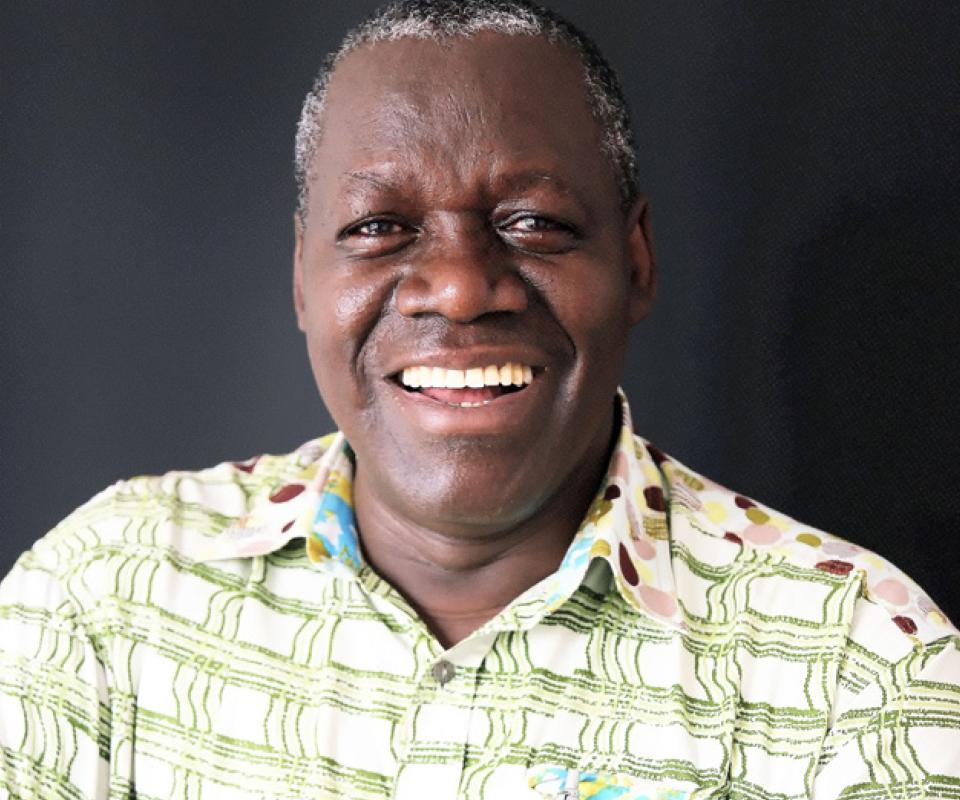Donations and bequests
Philanthropy results essentially in making a donation or a bequest, usually in the form of money, although it may also be in the form of objects, shares, works of art or immovable objects. Such capital may serve, for instance, to create a named Fund, but may also be used to support an existing fund or provide further support for one of the King Baudouin Foundation’s initiatives.
Donation
A donation, which can only be made during the lifetime of the donor, consists of transferring an asset to a beneficiary without expectation of any gain. The donation is definitive and irrevocable. A donation can be made in two ways:
- through a person-to-person donation, in which the donor transfers a part of his/her heritage (such as money, jewellery, artworks) without registering the donation. In this instance, the beneficiary does not pay any gift tax, except if the donor dies within three years following the donation, in which case inheritance tax is payable on the donation;
- through a notarised donation: this donation is made in front of a notary and gift taxes are payable. Donations of immovable goods are always made in front of a notary.
Bequests
In order to make a bequest, the donor must establish a will (testament) that is either handwritten (a holographic will) or in front of a notary (an authentic will). The second solution enables discussions around the interpretation of the testator’s intentions to be avoided.
There exists a particular type of bequest, namely the ‘dual legacy’, which is used especially when the donor has no direct heirs. In such a case, the donor makes a bequest to the King Baudouin Foundation, and stipulates that a part of this must be returned to one or more heirs. The Foundation thus pays the inheritance tax both on its part as well as the parts attributed to the heirs. For people who are domiciled in Flanders, this approach no longer provides any benefit after 1 July 2021, due to a change in the Flemish regulations. Learn more
The management of bequests entrusted to the King Baudouin Foundation is supervised by auditors who report to the Foundation’s Board of Governors.
Need any advice?
Thanks to our expertise of over 30 years and a vast network in Belgium and abroad, our Centre for Philanthropy can help you to clarify your wishes, plan, organise, manage and evaluate the impact of your project.
Our philanthropy advisers are always on hand. They are ready to inform and support you, particularly in relation to legal, fiscal and administrative aspects. Thanks to their position of independence and their pragmatism, they help you to bring your philanthropic engagement to fruition at any time and always with the aim of doing more philanthropy and doing it better, together.
Download
Stories
Inspiring engagement!

‘South-South’ cooperation to provide better help for street children
Europe and International
“We are proposing a programme to humanise the street.”

The experience that led to the role of liaison officer in Africa
Europe and International
"You need integrity and curiosity."

Soft sound improves sleep quality in dementia
"On the one hand, poor sleep leads to additional problems for patients, which also affects their caregivers, often resulting in institutionalisation. On the other hand, we wonder whether poor-quality deep sleep could worsen the disease or perhaps even contribute to its development."